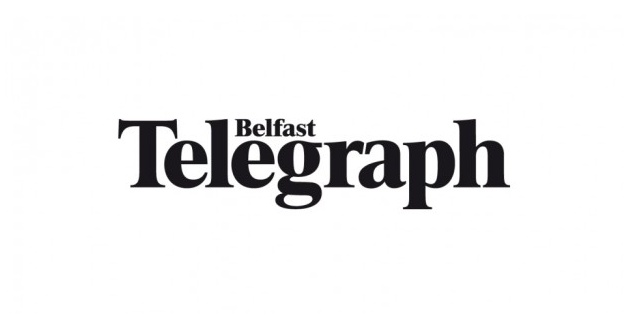But they still have some way to climb to reach pre-downturn levels, with the index still at 42.9% below the peak reached in August 2007.
House prices surged by 7.9% in January to reach a new record average high of £292,000 across the UK, official figures show.
Average property values stood at a record high of £306,000 in England.
The index compiled by the Office for National also showed new peaks for London, the South East of England and the East of England.
The figures also detailed a sharp contrast between the pace of annual price growth in England, where property values have leapt by 8.6%, and that recorded by other UK nations.
In Wales, property values dipped by 0.3% to reach £174,000 on average, while in Scotland they increased by 0.1% to reach £195,000 typically. source:
House prices in Northern Ireland, Scotland and Wales sit below previous records.
A first-time buyer faces paying 7.7% more for a property than a year earlier, with the average price paid for a starter home standing at £222,000 in January 2016.
In London, the average price of a home now stands at £551,000, after leaping by 10.8% year-on-year. The average price of a property in the South East is now £374,000, while in the East it is £315,000.
House prices in the South East have risen faster than in London over the past year, with annual growth of 11.7%.
The North East continues to be the English region with the lowest average house price, at £156,000.
It is also the only English region where house prices are yet to surpass their previous peak reached before the economic downturn.
In stark contrast, the index for London is now 53.4% higher than its pre-downturn peak, reached in 2008.
Across the UK, house prices edged up by 0.9% month-on-month in January.
The ONS said that if London and the South East of England were taken out of the figures, instead of UK house prices increasing by 7.9% annually, they would have seen an uplift of just 5.1%.
In recent months, there have been some signs of housing market activity being increased by buy-to-let landlords rushing to beat a stamp duty hike.
From April 1, buy-to-let investors will pay three percentage points above current stamp duty rates when they buy a property.


